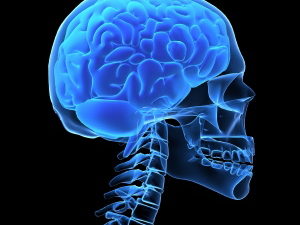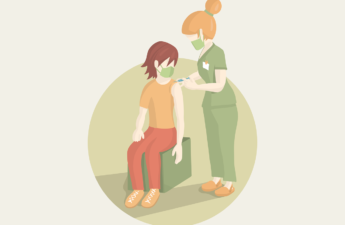
By Keith Seinfeld, Public Health – Seattle & King County
Students at three public schools in Seattle will start the school year with a powerful new addition to their campuses: School Based Health Centers.
This is great for students, and very good news for parents, too.
Parents: Imagine that your middle school student could get their sports physical without having to leave school for an appointment. Imagine your student can get that missing immunization right on campus.
Students: Imagine you need to talk to a mental health professional and have no idea where to turn – and then you learn there’s someone at the school, who will respect your privacy.
The list of overall services available at most School Based Health Centers is impressive. The Centers are primary care and behavioral health medical clinics, staffed by health professionals, embedded inside schools.
About the three new centers
The three new centers will be at Lincoln High School in Wallingford, Meany Middle School on Capitol Hill, and Robert Eagle Staff Middle School in north Seattle.
They build on a system that launched on a single campus, Rainier Beach High School, in the late 1980s. When the city’s first Families & Education Levy passed in 1990, the concept expanded, and has been growing ever since.
Voters approved the 2018 version, called Families, Education, Preschool and Promise Levy, which is funding the current expansion and supports existing centers, with more than $700,000 over the next seven years.
This fall, there are 28 Seattle Public Schools with health centers, including all 11 of the comprehensive high schools.
Four other school districts in King County also have health centers, with three schools funded through the Best Starts for Kids levy. They’re all part of a national movement to offer comprehensive primary care and mental health at public schools.
Supported by research
Research shows students who use the services tend to improve their attendance and grades.
“Removing even one health risk for a student can boost their achievement. Our centers are key to our efforts to close the opportunity gap for our youth who may not have easy access to care,” said Patty Hayes, Director of Public Health-Seattle and King County.
School based health centers also promote good health for a lifetime, through nutrition education, promoting supportive relationships, and reinforcing of positive self-images.
Public Health – Seattle & King County manages the network of clinics. Public Health operates three of the clinics with all the others staffed and operated by private health-care providers, which compete through a Request for Application process to provide health services.
Three new School-Based Health Centers:
- At Lincoln HS, which is reopening this fall after being closed for 38 years, the health center will be operated by Neighborcare Health (which runs the largest number of School Based Health Centers in King County, with 14 in Seattle and one on Vashon).
- At Eagle Staff MS, which is named after Robert Eaglestaff, former Principal of the American Indian Heritage School that was previously on the same site, the center also will be operated by Neighborcare Health.
- At Meany MS, which was recently remodeled, the health center will be operated by Country Doctor Community Health Centers, a mainstay in community health in Seattle (with one of its main clinics located just a few blocks away).
Links:


